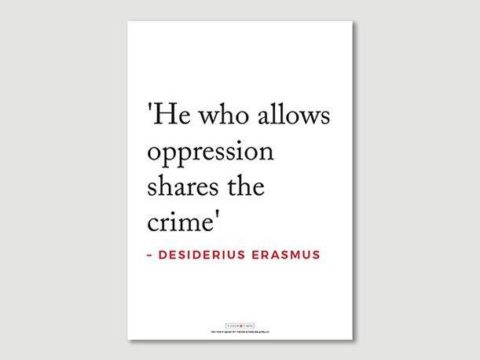James V: The Gudeman of Ballengeich
Chapter 2 : Criminal Cases
The justice system in Scotland was complex, but important features include the fact that prison as a punishment did not, for the main part, exist. The ' pannel' (accused) would be held in the sheriff’s gaol, but only until the trial. If he were ' filed' (convicted), his punishment would be either a physical one – hanging, the stocks etc, or being outlawed for a sum of money – what we would term a fine.
In addition, criminal justice was not just a matter between the Crown and the wrong-doer, but was also a matter for the victim. The criminal would need to compensate the victim (or his family) through ' assythment', for which he would have to find sureties until it were paid. Once assythment had been agreed, the malefactor would be outlawed for a sum and the King would grant a pardon, conditional on that being paid. There were variations around this, if the victim could not be satisfied, or there were no sureties. In some cases, the King could grant a pardon without the victim being satisfied, but this was rare.
The Justices in Ayre were not generally courts for the finding of guilt, instead, pannels who had agreed assythment were brought forward for pardon, and to be brought back into the King’s mercy. An important part of the system was the use of sureties. These were the kinsmen and the laird of the pannel, who would also come into the court and, collectively, assume responsibility.
There seem to have been few crimes for which assythment, and subsequent pardon was not possible, even murder. One such was ‘common’ theft, which was a general accusation of theft but without a specific victim identified, so no assythment could be made. Common thieves were frequently hanged. This was the charge usually brought against the border reivers.
One of the most well-known cases of James dispensing justice, rather than granting pardon following assythment, was that of Johnny Armstrong. Armstrong and his clan were notorious reivers – raiding across the border, stealing cattle, raping, murdering and burning. In 1530, when James set about trying to reduce the levels of crime in the area, he promised Armstrong safe-conduct, but then broke his word and hanged Armstrong and thirty-six of his clan.
He also personally heard the case of William Cockburn of Henderland, panneled and fined for inbringing an Englishman and his son. Cockburn was beheaded and his goods forfeit to the Crown.
At the same Justice in Ayre, on 18th May 1530, Adam Scot of Tuchelaw was found guilty of taking black-mail (protection money) from poor tenants, and was similarly beheaded.
A major problem with the justice system was identified as the frequent ‘non-compearance’ (non-appearance) of the pannels, meaning that justice was protracted and that the injured could gain no relief. A statute of 17th June 1535 was enacted to deal with that, by proclaiming that a second non-attendance would result in confiscation of goods and the accused being ‘put to (the) horn’ – that is, the town crier would wind his horn three times, then publicly declare him a rebel. Additional provisions were made for restitution of costs where one party falsely accused another, and unusually, gave a punishment of imprisonment of a year and a day, for failure to pay the costs.
Later acts required the bailiffs and stewards of the court to attend in person to ensure justice was properly done and that cases were to be heard within fifteen days;

